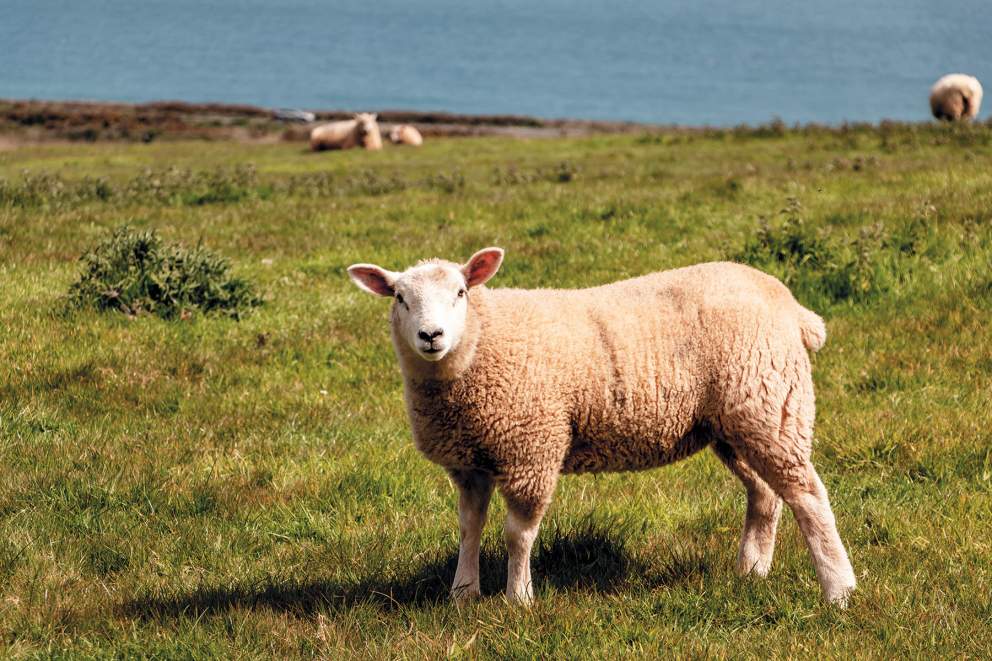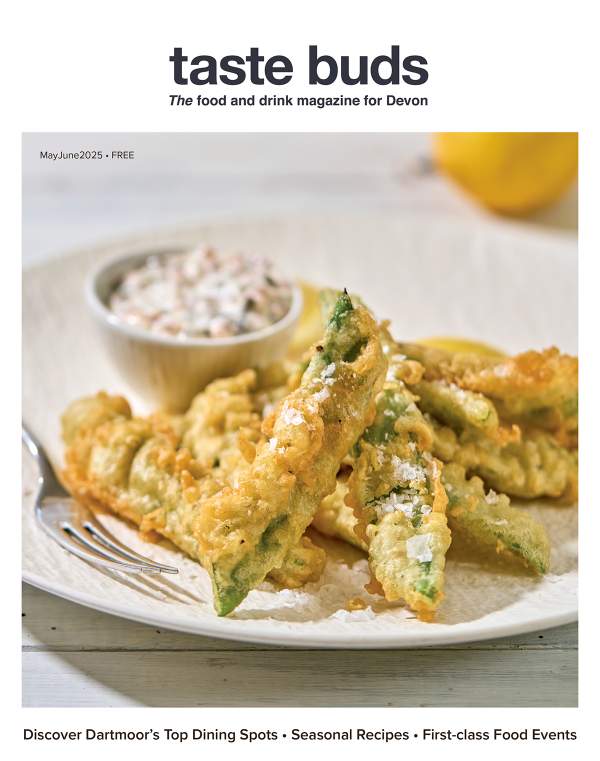
It must be an odd time for Devon’s traditional meat-producing families and businesses. On the one hand, they’re watching the increasing popularity of vegan-based food and hearing that the world should shun meat and adopt plant-based diets – but on the other hand, they’re seeing headlines calling for a rewilding of the countryside, or at least the introduction of more eco-friendly farming practices.
They must wonder how those two seemingly opposing forces could combine to feed people in the future. As farmers, they know that the kind of intensive agricultural practices which allow for bumper crops of edible plants do not necessarily lend themselves to the requirements of nature.
At the same time, they also know that traditional non-intensive grazing – a system that has produced high-quality food in a wet and windy region like the West Country – has been practised successfully for centuries without doing much harm to the environment. They might point out that a rocky, mainly hilly, peninsula sticking out into a vast ocean does not, for the most part, lend itself to the kind of arable farming found in flat and fertile areas, such as in Lincolnshire where vegetables in vast fields are produced on an industrial scale.
There is a reason why the western part of Britain became famous for its beef, lamb and delicious dairy products like clotted cream and cheddar cheese. It is because our amazing grass happens to grow well and naturally in our hills.
There are, of course, many different kinds of grasses, clovers and free-growing herbs that grazing animals thrive on, which allow them to produce fabulous meat and dairy. Many farmers, as well as dieticians, are beginning to realise that it is vital to pay a lot more heed to this natural fodder.
Graham Harvey, a West Country-based regenerative-farming guru and agricultural writer, says: “We humans can’t eat grass, but we know some animals that can. They are the traditional non-intensive herds of cattle and flocks of sheep which we’ve farmed here for centuries. Those animals are grass-conversion machines.
“For as long as there have been farmers, the people of these islands have flourished on foods from grazing animals,” adds Graham, who for years was the agricultural story editor of BBC Radio 4’s The Archers programme. “Small mixed farms kept this nation fed for centuries. Our meat, butter and cheese came from animals grazing on flower-filled pastures. Grasslands and grazing were part of a farming system that not only produced healthy foods, it also maintained the fertility of our soils.
“The grass field acts as a natural solar panel. It uses the sun’s energy to trap atmospheric carbon and store it safely in the soil. Soil microbes use this energy to supply the nutrients that enrich our foods and keep us healthy. It’s a truly sustainable farming system that once supported flourishing rural communities and a countryside rich in wildlife.
“Today, the grass fields and grazing animals have vanished from much of lowland Britain. Instead, farms grow vast acres of wheat, heavily reliant on pesticides and chemical fertilisers – both of which are rocketing in price,” Graham adds.
However, there are huge benefits to low-input farming – especially in times when the price of artificial fertilisers has gone through the roof. Building up soil fertility through processes such as crop rotation – maximising the sun and rain in order to grow and graze as much as possible. Grass-fed meat is where you are simply using energy from the sun to create grass for cattle. Yes, cattle emit methane – but by farming and grazing well, you can sequester more carbon than you emit by locking it into the soil.
Whenever you plough land, it will release carbon – so some of the veg and cereals people talk about consuming can actually release more carbon than meat.
There is a new wave of farmers who are producing wonderful meat while also nurturing and caring for the local environment. It’s a new – but very old – story. And it’s one that looks set to be told more and more often as people talk about meat-eating.
So, while the rise and rise of veganism might inspire some, it is perhaps time to take notice of the modern agrarians who are bringing a great deal of thought and intelligence to an ancient way of life.
As part of its ongoing media partnership with Taste Buds, this is a series of articles written by Food Drink Devon.
Six times a year, delivered to your door
Annual subscription: £18
Single Issue: £4
MayJune 2025 issue out now
Try before you buy. View digital edition
Go to Shop